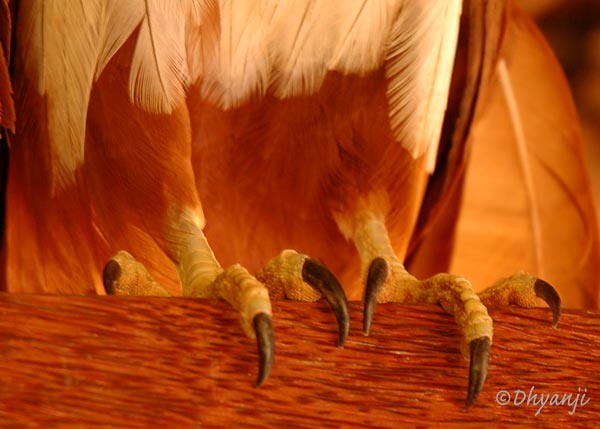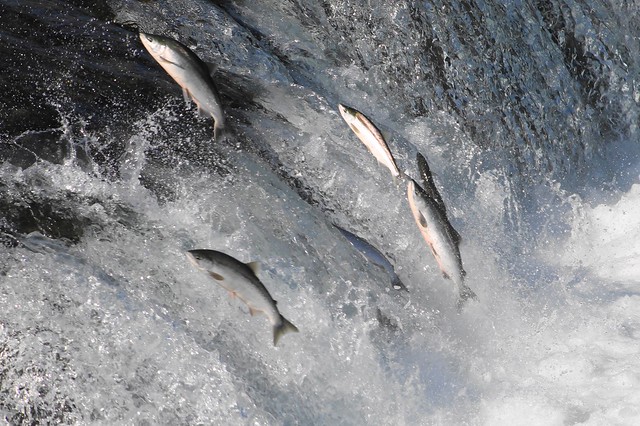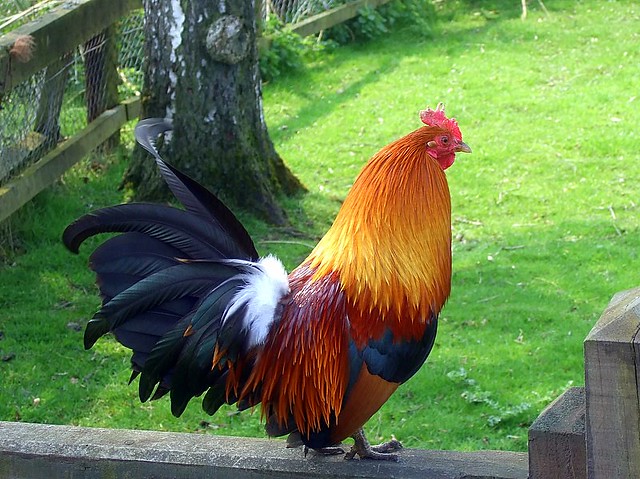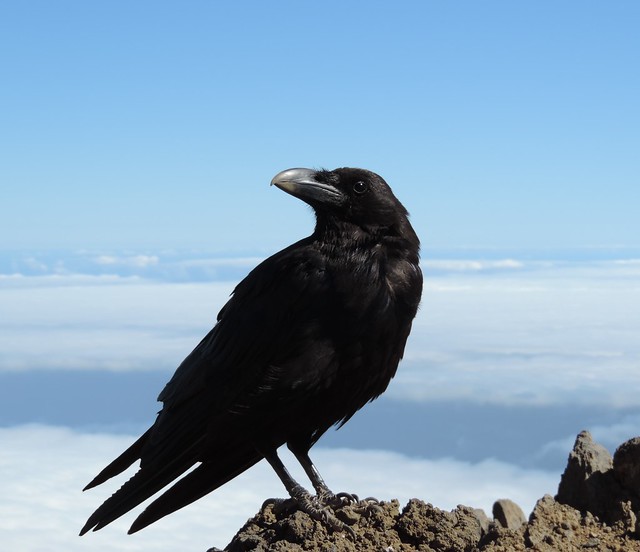Words for nails, claws, talons and related things in Celtic languages.
| Proto-Celtic | *angʷīnā = (finger/toe) nail *angʷīnākos = nailed, having nails |
|---|---|
| Old Irish (Goídelc) | ingen [ˈiŋʲɡʲen] = (finger/toe) nail ingnech = clawed, hoofed |
| Middle Irish (Gaoidhealg) | ingen, inga, ingu = (finger/toe) nail, hoof, claw, talon, (metal) nail ingnech = having nails, claws, talons or hooves |
| Irish (Gaeilge) | ionga [ˈɔŋə] = nail, claw, talon; hoof; clove (of garlic); quid (of tabacco) ionga méire finger nail ionga ordóige = thumbnail ionga coise / ionga laidhre toenail ingneach = having nails, claws or talons |
| Scottish Gaelic (Gàidhlig) | ionga [iŋgə] = (finger) nail, toenail, claw, talon, gusset iongag [iŋgag] = nail iongan [iŋgan] = (finger) nail, toenail, claw, talon iongach [iŋgəx] = nailed, pertaining to or abounding in nails, claws or talons; clawed, taloned |
| Manx (Gaelg) | ingin [ˈiŋən] = claw, nail, talon, hoof; clove (of garlic) ingin ordaag = thumbnail ingin choshey toenail inginagh = clawed, hoofed |
| Proto-Brythonic | *ėɣwin = nail |
| Old Welsh | eguin = nail |
| Middle Welsh (Kyrmraec) | ewin = nail ewinoc, ewinog = having nails or claws, having a tight grip, grasping, griping, incisive, (cloven-)hoofed |
| Welsh (Cymraeg) | ewin [ˈɛu̯.ɪn] = nail of a finger or toe; claw or talon (of bird), claw (of carnivorous beast); division of a cloven hoof; worthless remnant; power of grip; cog of a wheel; jutting edge of rock; clove (of garlic), small piece, particle ewin bawd thumbnail ewin troed toenail ewino = to pinch, claw, clutch, scratch ewiniad = a clawing, clutching, pinching, pinch ewinog = having nails or claws, having a tight grip, grasping, griping, incisive, (cloven-)hoofed |
| Old Cornish | euin = fingernail euynoc = clawed, nailed, hoofed |
| Middle Cornish (Cernewec) | ewin, euin = (finger or toe) nail ewincarn = a hoof of an animal ewinoc = having nails or claws |
| Cornish (Kernewek) | ewin = claw, fingernail, talon, toenail ewin kennin = clove of garlic ewingarn = hoof |
| Old Breton | eguin = fingernail |
| Middle Breton | juin, iuin = fingernail |
| Breton (Brezhoneg) | ivin [ˈiː.vin] = (finger) nail, claw, talon ivinad = nailed, clawed, taloned ivinek = having large nails |
Etymology: from the Proto-Indo-European *h₃n̥gʰu-, from *h₃nṓgʰs ((finger/toe) nail) [source]. Words from the same roots include nail in English, nagel (nail) in Dutch, nagas (fingernail, nail, claw, talon) in Latvian, нога (noga – leg, foot) in Russian, nehet (nail, fingernail) in Czech, nyell (tree gnarl, anklebone, knothole) in Albanian, and naula (nail) in Finnish [source].
For other words for nails and related things see: Swords and Spikes
Sources: Wiktionary, Etymological Dictionary Of Proto Celtic, In Dúil Bélrai English – Old Irish glossary, eDIL – Electronic Dictionary of the Irish Language, Teanglann.ie, Am Faclair Beag, An etymological dictionary of the Gaelic language, Fockleyreen: Manx – English Dictionary, Online Manx Dictionary, Gaelg Corpus, Geiriadur Prifysgol Cymru, Lexicon cornu-britannicum : a dictionary of the ancient Celtic language of Cornwall, Gerlyver Kernewek, Devri : Le dictionaire diachronique du breton, Geriafurch, TermOfis











